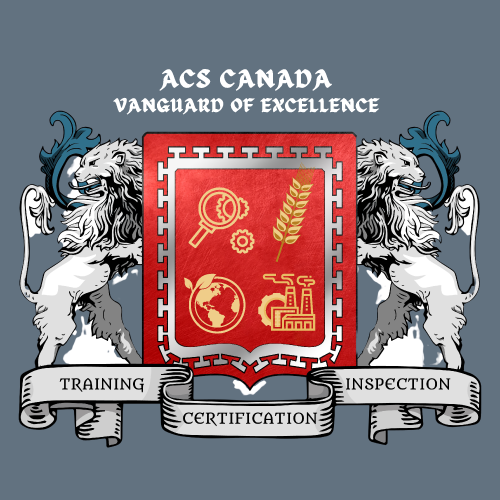Gluten Free Approval Certification

The most common foods that can cause severe allergic reactions or threaten human health must always be announced with a specific name and identified and known to the public so that consumers can easily identify them on food labels. This is required by food labelling and labelling laws around the world. In this section, we'll provide a quick overview of the allergy labelling laws that apply globally as well as other specifics on food allergen labelling.
Because severe allergic reactions in humans (like anaphylactic reactions) happen when the body's immune system strongly reacts to an allergenic protein or a particular stimulus, food and drug regulations mandate that the majority of prepackaged foods carry a label and list ingredients in descending order. Food, insect bites, or even medications may be to blame for these reactions.
Important substances that are often associated with food allergies and allergic-type reactions, and in fact these substances are often known as priority food allergens, include eggs, milk and dairy products, mustard, peanuts, all fishery products, sesame seeds, soybeans, sulfites, tree nuts, wheat and triticale.
One of the most important allergens in this list is gluten, which is found in wheat, oats and rye. Of course, the wheat-free claim differs substantially from the gluten-free claim. The "gluten-free" claim cannot be used instead of the "wheat-free" claim. Gluten can be present in products that do not contain wheat. Gluten is found in wheat, barley, oats, rye, and triticale. People with a wheat allergy react to wheat gluten proteins as well as other proteins found in wheat. People with celiac disease, an autoimmune disorder among genetically predisposed individuals, experience adverse symptoms when exposed to gluten from any of the sources listed above.
By sampling and testing food items in accredited national and international labs, we prove this claim and award a gluten-free approval certificate for the aforementioned food items. You can visit www.canadacerts.ca and look under Standards / Food and Agriculture / Gluten free Certification for further information.

